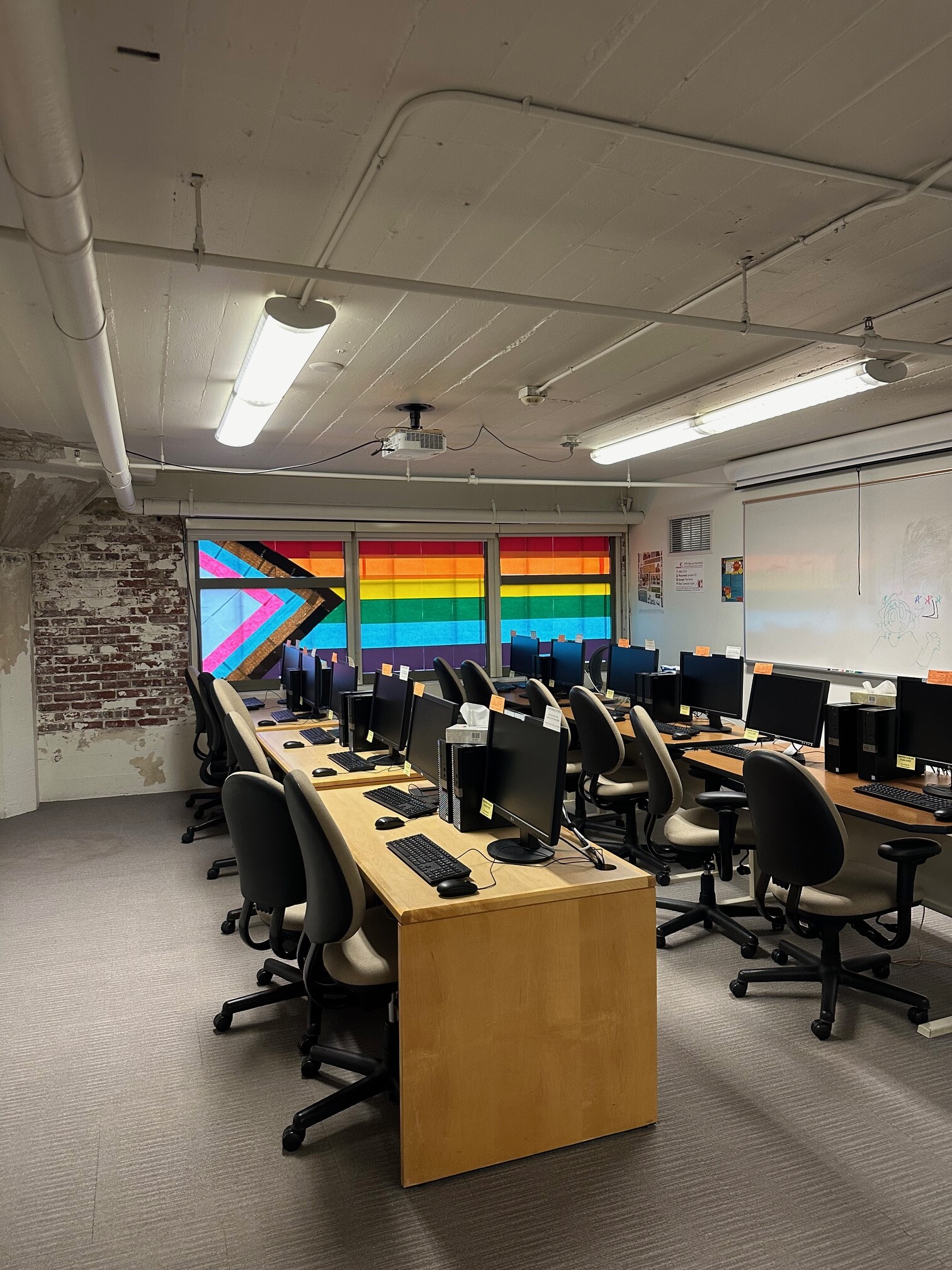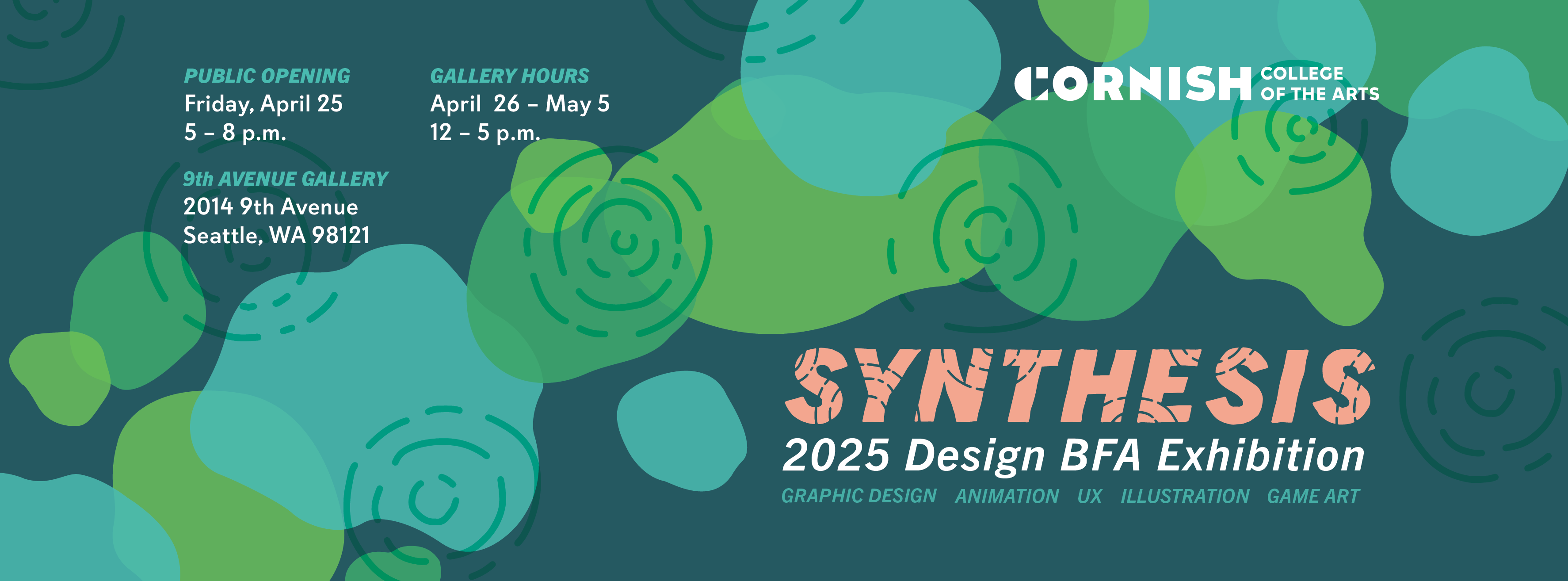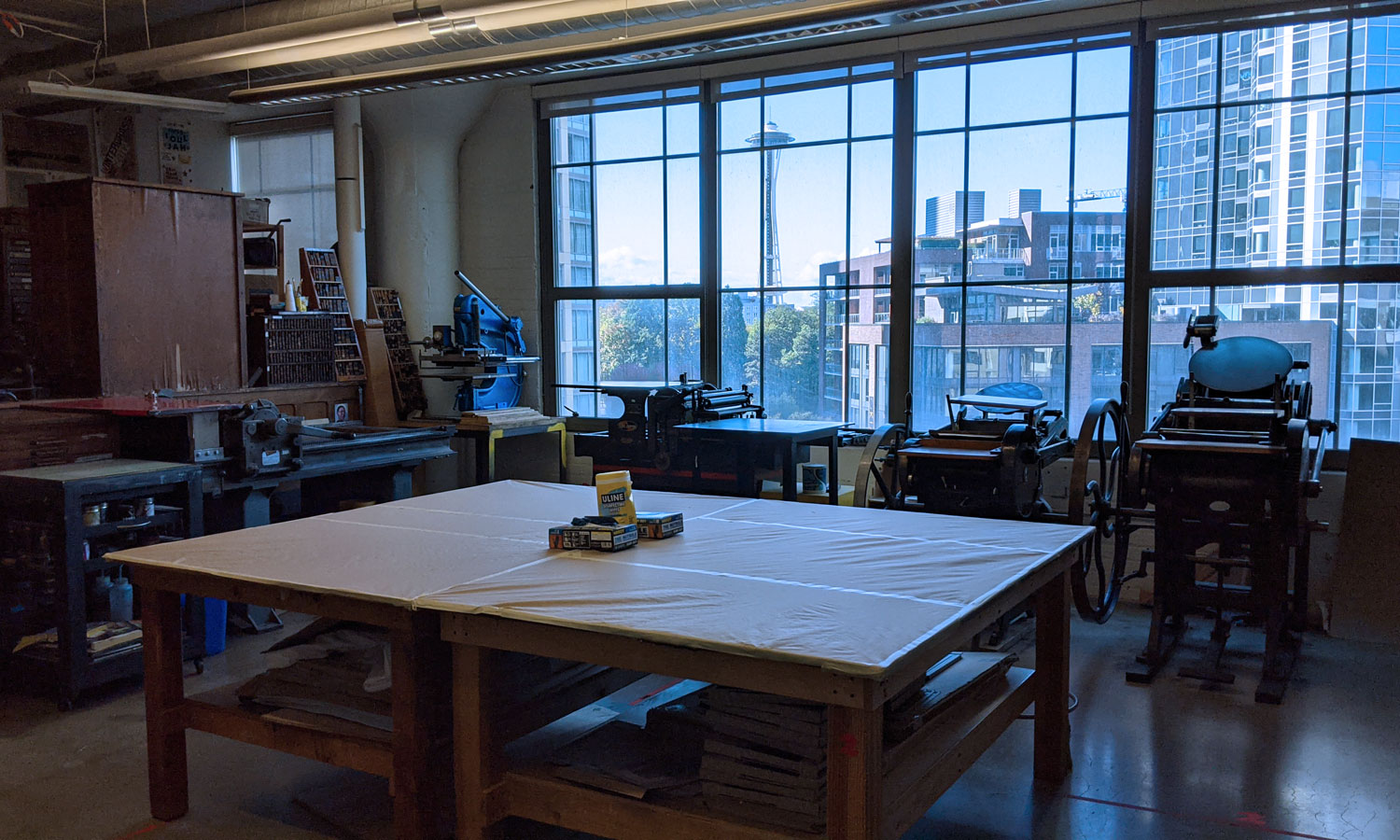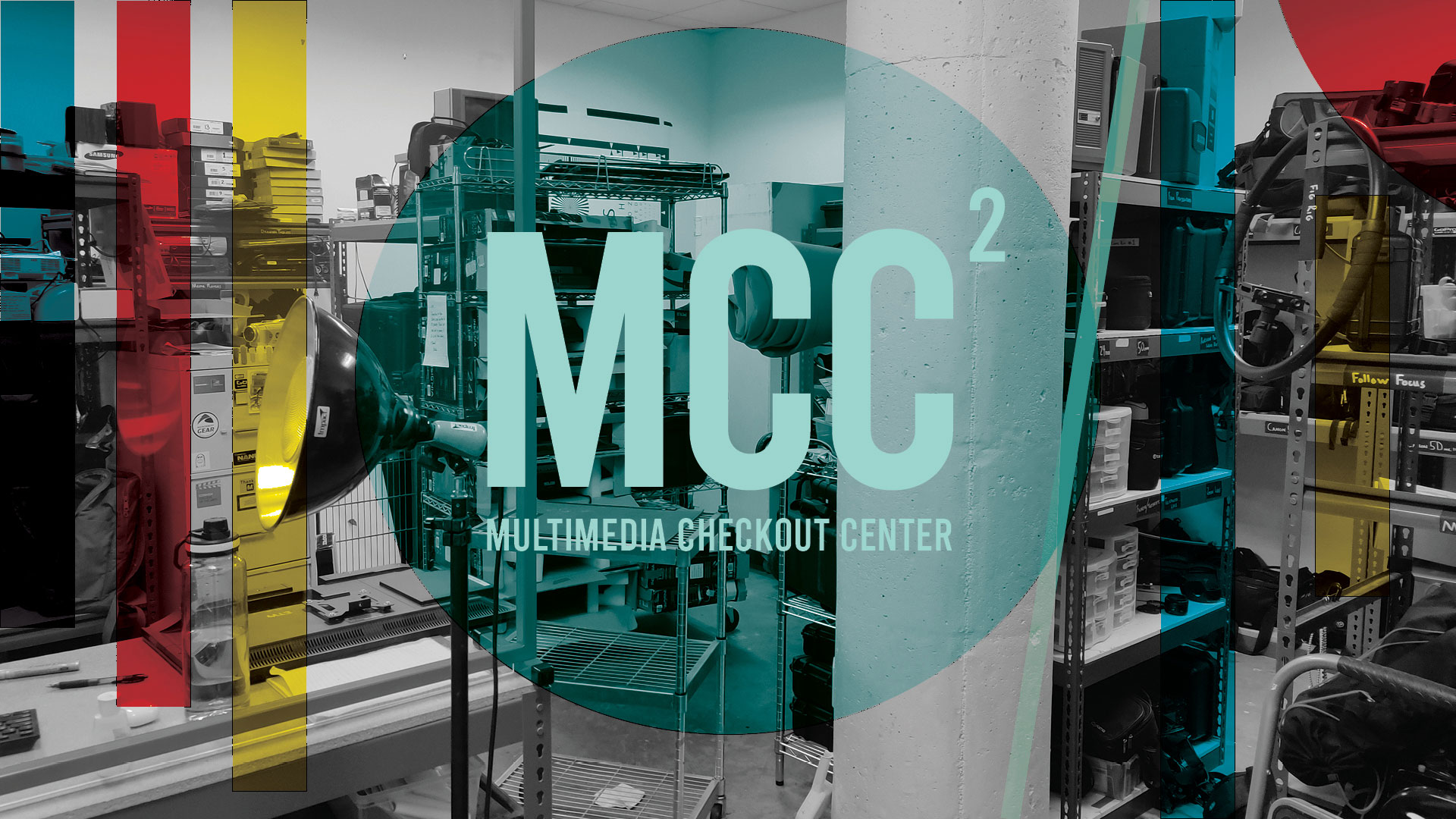
Interaction (UX) Design
Prepare for your career in the evolving user experience (UX) design landscape through the Interaction Design Program at the Cornish College of the Arts for Seattle University!
Apply How To Apply

Overview
Interaction Design, BFA
The Interaction Design program at Cornish College of the Arts prepares students for in-demand careers in user experience (UX) design. The curriculum focuses on creating meaningful and engaging interactions between users and digital systems, environments, and objects. Students gain expertise in user research, app development, interface design, and emerging technologies such as virtual and augmented reality. The program emphasizes a human-centered approach, encouraging students to design solutions that address complex societal challenges.
Program Information
Program Type: Major
Degree: Bachelor of Fine Arts
School: Cornish College of the Arts
Campus: South Lake Union
Learning Format: In-Person
Duration: 4 years
Start Date: August, January
Credits: 120

At-a-Glance
Core Skills & Techniques
User Experience (UX) Design: Training in designing user-centered digital experiences that are intuitive, efficient, and engaging.
User Research: Conducting research to understand user needs, behaviors, and motivations, informing design decisions.
App and Interface Design: Developing skills in creating user interfaces (UI) and applications for screens, including mobile devices.
Virtual and Augmented Reality: Exploring the fundamentals of VR and AR, creating immersive digital environments and experiences.
Interaction Design Tools: Proficiency in Adobe Creative Suite, and industry-standard software and tools for UX/UI design and prototyping.
Human-Centered Design: Emphasizing empathy and ethical considerations in designing for diverse user groups and societal issues.
Professional Practices: Career development, portfolio creation, and networking in the interaction design industry.
Learning Outcomes
Practical Application:
1. Hands-on Projects: Applying skills in real-world projects, from designing user interfaces to developing apps and immersive experiences. Participating in collaborative projects and community-focused design initiatives.
Professional Development:
1. Networking and Resources: Applying skills in real-world projects, from app and website design to creating digital systems and environments. Attending workshops, webinars, and industry events to broaden knowledge and professional connections.
Student Work






